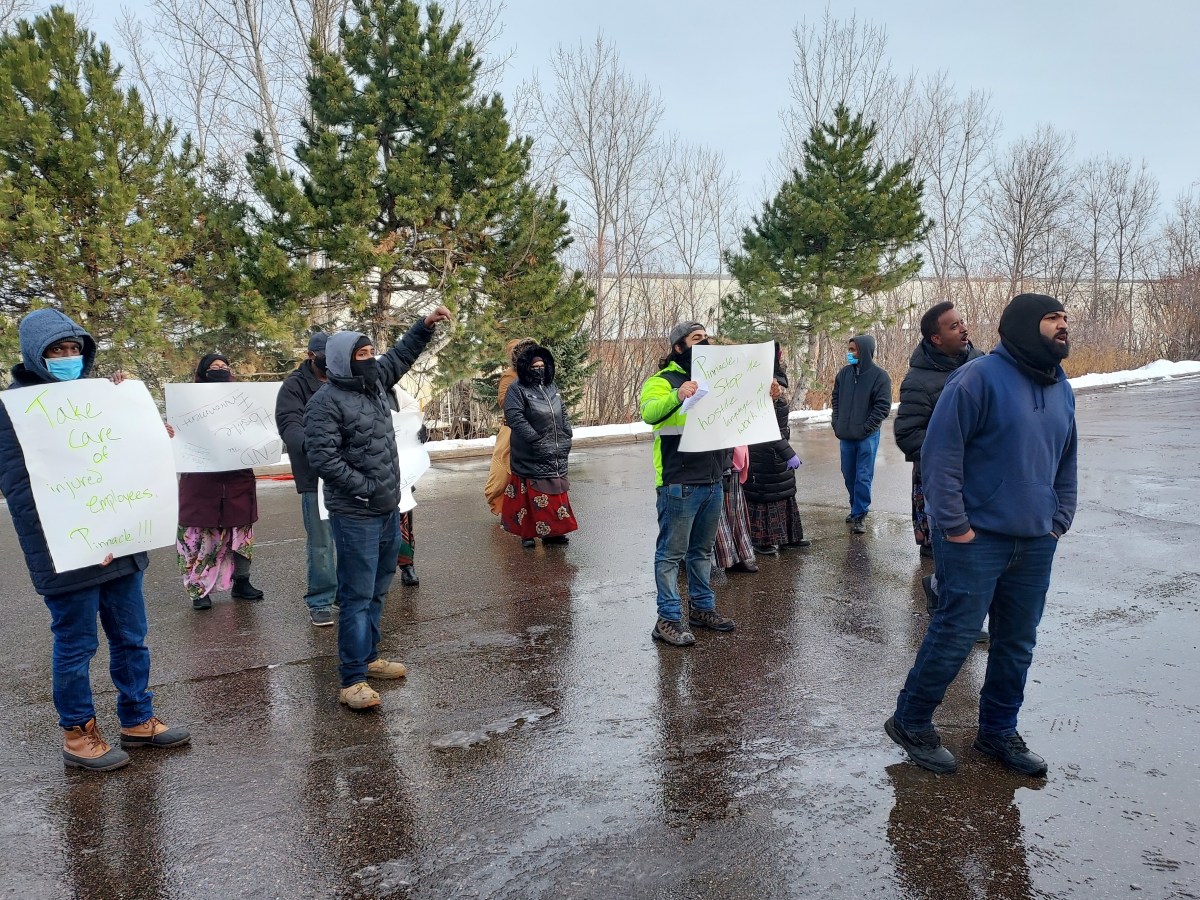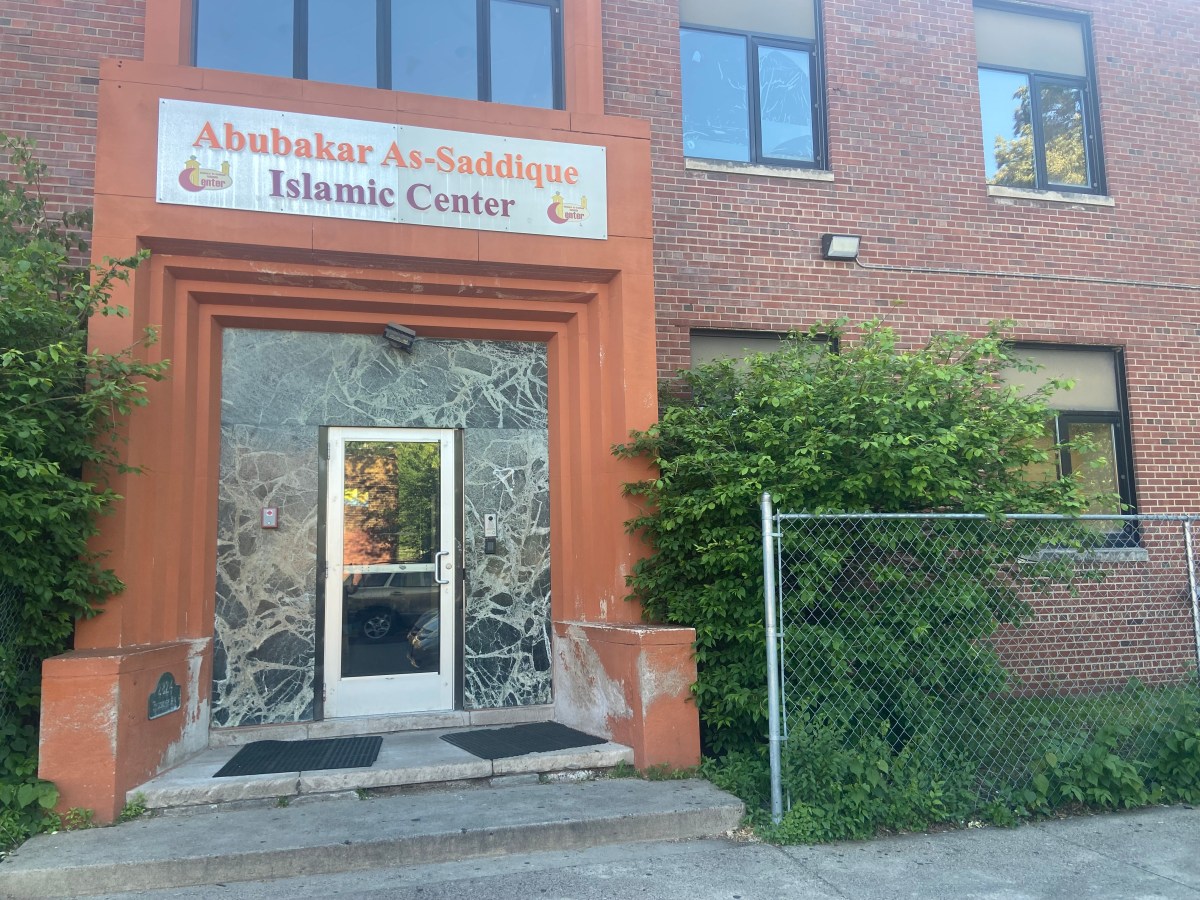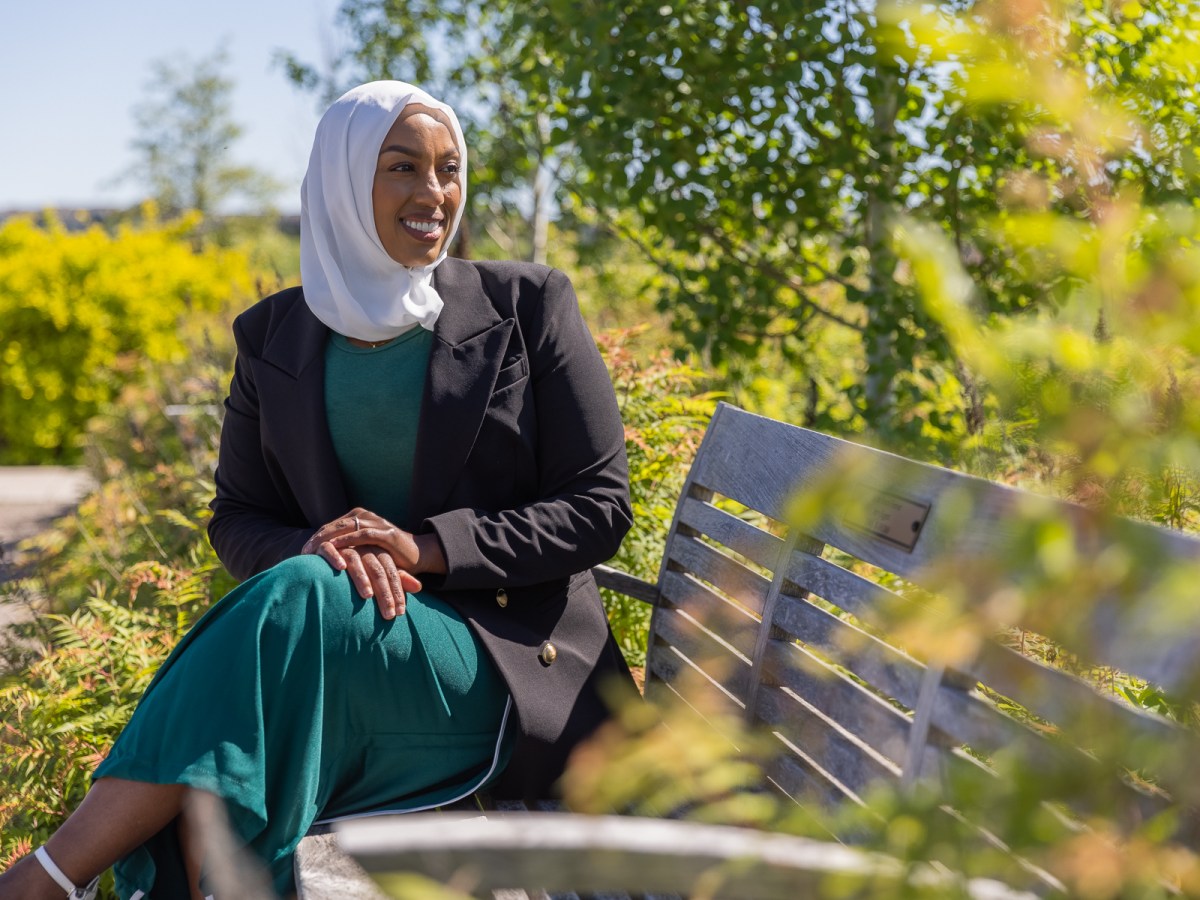Minnesota travel agent Abdullahi Warsame has been camping out at the Ministry of Hajj in Saudi Arabia for nearly three weeks from 8 a.m. to 4 p.m. looking for answers.
The Saudi government recently imposed a lottery system that limits the number of people from across the world who can make the Hajj, the annual Islamic pilgrimage to the holy city of Mecca. The move effectively shuttered Abdullahi’s 14-year-old travel agency, Mina Hajj and Umra, in Minneapolis. Abdullahi relied heavily on organizing group trips to Mecca for Minnesotan Muslims.
“They hijacked our business,” Abdullahi told Sahan Journal from Saudi Arabia. “It’s over. It’s very tough. We were shocked when we heard about this.”
In previous years, the Saudi government issued an allotted number of visas for Hajj to U.S. citizens. These visas provide pilgrims entry into the country.
Hajj-hopefuls must now enter a lottery to secure a place to attend, the Saudi government announced on June 6. The announcement came just a month before the Hajj was set to begin on July 7.
Prior to the COVID-19 pandemic, Saudi Arabia issued 12,000 visas each year to Americans making the Hajj. According to Abdullahi, the United States has been allotted 4,000 spots in the lottery.
Historically, pilgrims booked flights and accommodations through local travel agencies like Abdullahi’s. Now, they’ll have to request refunds and enter the lottery. If they’re selected by the Saudi government, they must book travel through a new Saudi government program. Lottery results will be announced June 15 and 18. By June 17, pilgrims will start to receive their e-visas to enter the country.
Abdullahi explained that he typically would file visa applications with passports and photos on behalf of his clients. After collecting each application, he takes them to an office in Washington D.C. Clients find out if their applications were approved in about two weeks. Then, Abdullahi starts booking travel for his clients. He added that his agency started collecting visa applications more than two months in advance.
The Hajj is a once-in-a-lifetime religious experience for many, considering the financial barriers and commitment required. Many Muslims spend years saving up and preparing for the arduous and spiritually challenging journey. It’s one of the largest religious gatherings in the world and typically attracts 2.5 million Muslims each year.
All Muslims are required to complete the Hajj at least once during their lifetime if they are physically and financially capable. Completing the Hajj, which includes travel between Mecca and campsites in Mina, Arafat, and Muzdalifah, can be a challenging journey. The Hajj includes a series of rites conducted in solidarity by all pilgrims over the course of at least five days. It falls on the last month of the Islamic calendar.
The end of the Hajj is celebrated by Muslims worldwide during Eid Al-Adha, which is set to start July 9.
Muslims in Europe, America, and Australia interested in completing the Hajj will have to apply via Motawif, the official website for the lottery and booking process. Applicants can submit documents and vaccination records through the website. They can also enter the lottery for specific travel packages. The Saudi government then issues visas to accepted applicants.
In recent years, the Saudi government banned international visitors from performing the Hajj to minimize the spread of COVID-19. In 2020, 1,000 Saudi residents could participate. By 2021, the Saudi government increased the allowance to 60,000 fully vaccinated Saudi citizens and residents selected through a lottery. The Hajj had not experienced such a disruption since the cholera epidemic in the mid-1800s. It’s unclear if this year’s new lottery system and limited visas are due to ongoing COVID concerns.
The cost of Hajj post-pandemic
The Saudi government’s announcement of covid restrictions in June 2020 gave travel agencies and prospective pilgrims five weeks’ notice. Travel agencies are once again scrambling to cancel flights and hotel reservations ahead of this year’s Hajj.
The news site, Middle East Eye, reported that the Ministry of Hajj in Saudi Arabia has advised pilgrims to “request refunds from tour operators/agents.” The publication also broke down the price of each travel package. Pilgrims can enter the lottery for platinum, gold, or silver packages.
The silver package costs $5,986 and includes flights, accommodations at a hotel close to the Grand Mosque in Mecca, ground transportation, catering, and camp locations at pilgrimage sites. The package covers all 12 days of the Hajj, but does not include a trip to the holy city of Medina, an optional but popular leg of the pilgrimage.
The gold package costs $6,296 and includes the same services as silver, and accommodations in Medina. The package covers a 21-day pilgrimage.
The platinum package costs $9,768 and includes additional “luxurious service,” according to the application website.
Applicants must select one of these services after they are chosen in the lottery.
Haramain, the official Twitter account for holy sites in Mecca and Medinah, has been addressing frequently asked questions about registration. All-inclusive packages will include accommodations, food, visa costs, flights, insurance, on-ground transportation, and other services, according to Haramain.
“The new process is going to create a lot of worry and stress,” Haramain tweeted on June 7.
Abdullahi planned on taking 315 Minnesotans on Hajj this summer. He said he’s returning the $3,000 deposit each client paid in advance. This year, Mina Hajj and Umra’s Hajj package would have cost $9,000 and included lodging, airfare, ground transportation, and other accommodations.
To prepare for the Hajj, Abdullahi usually goes to Saudi Arabia and meets with airlines and hotels to reserve a set amount of spots for his customers. Canceling those reservations has cost him about $300,000, he said.
Abdullahi said he’s noticed that Muslim-majority countries have an easier time pivoting to address the new lottery system. He called elected federal officials in Minnesota, but doesn’t think the U.S. government has any power to advocate for prospective American pilgrims in Saudi Arabia.
“If [the Saudi government] would have told us ahead of time, we would have been prepared,” Abdullahi said. “Now they are silent about it.”






